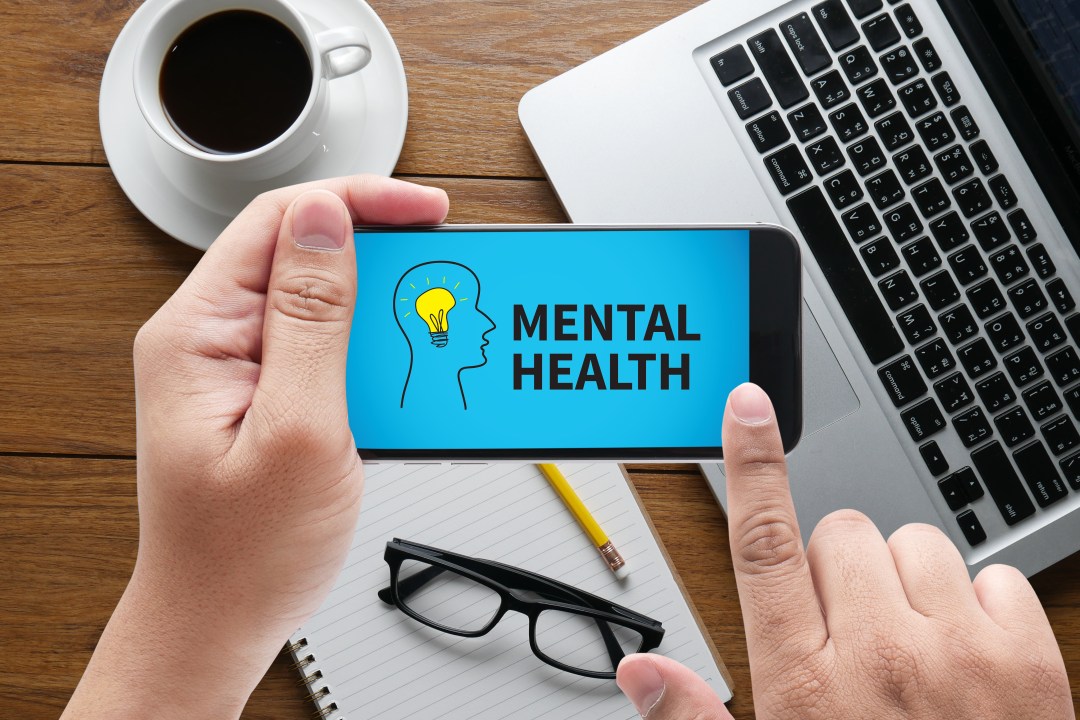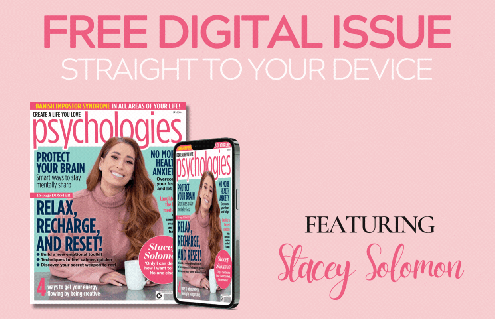How are you feeling?
What can you do to promote good mental health? Evidence suggests there are five practical steps you can take to improve your mental health and wellbeing. This article looks at these steps and what else you can do to look after yourself.

Everyone has mental health. This comprises our emotional, psychological and social wellbeing. It affects how we think, feel and behave. Our mental health also determines how we handle stress, relate to others and make choices in life. Having good mental health helps us relax more, achieve more and enjoy our lives more. What is more, good mental health leads to a happy and engaged workforce vital to any organisation’s success.
The World Health Organisation (WHO) defines mental health as:
‘A state of wellbeing in which every individual realises his or her own potential, can cope with the normal stresses of life, can work productively and contribute to her or his community.’
Every year, one in four of us will experience a mental health problem. In 2018, 595,000 cases of work-related stress, anxiety and depression were reported in the UK. Poor mental health can impact an individual’s ability to pursue education, gain work, form relationships, manage physical wellbeing and enjoy a full life.
We are living through the toughest of times. The global pandemic has increased anxiety and created a climate of fear. The pressure of juggling home life with remote working together with the effects of social distancing can increase feelings of loneliness and reduce self-esteem, which are risk factors for mental ill-health. It is even more important to take steps to look after your mental as well as physical health.
The mental health organisation MIND suggests that if you have good mental health, you can:
- Feel self-confident and have positive self-esteem
- Able to experience and express a range of emotions
- Build and maintain good relationships with others
- Be engaged and curious about the world around you.
- Live and work productively.
- Adapt to change and manage uncertainty
What can you do to promote good mental health? Evidence suggests there are five practical steps you can take to improve your mental health and wellbeing. Trying these things could help you feel more positive and able to get the most out of life. Curated below are tips from various sources, and I hope these are helpful to you.
1. Stay connected with others. Connect with the people around you. With family, friends, colleagues and neighbours. At home, work, school or in your local community. Think of these as the cornerstones of your life and invest time in developing them. Building these connections will support and enrich you every day.
2. Move more. Get active. Go for a walk or run. Step outside. Cycle. Play a game. Garden. Dance. Exercising makes you feel good. Most importantly, discover a physical activity you enjoy and that suits your level of mobility and fitness.
3. Be curious. Maintain an interest in life. Stay alert and catch sight of the beautiful. Remark on the unusual. Notice the changing seasons. Savour the moment whether you are eating lunch or talking to friends. Be aware of the world around you and what you are feeling. Reflecting on your experiences will help you appreciate what matters to you.
4. Keep learning. Try something new. Rediscover an old interest. Sign up for that online course. Fix a bike. Learn to play an instrument or how to cook your favourite food. Set a challenge you will enjoy achieving. As well as being fun, learning new things will make you more confident.
5. Give and be kind. Do something nice for a friend or a stranger. Thank someone. Smile. Volunteer your time. Join a community group. Seeing yourself, and your happiness, linked to the wider community, can be incredibly rewarding and creates connections with the people around you. Research into actions for promoting happiness has shown that committing an act of kindness once a week over a six-week period is associated with an increase in wellbeing.
There are many free resources out there to support your mental health. These including the BBC Mental Health Toolkit which has mindful tips, mood sound mixes, personal stories to inspire and motivate you. MIND also provide an excellent and free Work for Home Wellness Plan.
In my job, it is vital to be aware of the habits that enable people to thrive and identify issues that may negatively impact mental health. My role as a coach involves signposting to relevant resources and other professional support, when appropriate. Enhancing my mental health knowledge to serve my clients better is crucial to my desire to upskill.
I’m pleased to have completed the FAA Level 3 Award in Supervising First Aid for Mental Health; an Ofqual registered qualification certified for 3 years. First aid for mental health aims to provide initial support to a person experiencing a mental health problem until appropriate professional help is received, or the crisis is resolved. You can find out more about the habits that support good mental health via the free resources provided by the following organisations:
- NHS Every Mind Matters – The NHS provide expert advice and practical tips to help you look after your mental health and wellbeing. You can get bespoke support by answering five quick questions to get your free plan with information to help you deal with stress and anxiety, improve your sleep, boost your mood and feel more in control. You can learn more here: https://www.nhs.uk/oneyou/every-mind-matters/your-mind-plan-quiz/
- MIND – the mental health charity – MIND believe that no one should have to face a mental health problem alone. The charity provides advice and support to empower anyone experiencing a mental health problem. MIND also campaign to improve services, raise awareness and promote understanding.
- BBC Headroom – Your Mental Health Toolkit – Whether it is everyday tips, sounds to relax your mind, strategies to cope with parenting right now or films to get you talking, the BBC mental health toolkit provides lots of resources and ideas to help you look after yourself and your loved ones.
If you’re feeling anxious or isolated, remember that support is out there.
If you’d like to receive my monthly newsletter for tips and strategies for navigating modern life more successfully, you can subscribe via this link: https://www.beverlylandais.co.uk/blog
Sources:
https://www.who.int/news-room/fact-sheets/detail/mental-health-strengthening-our-response
https://neweconomics.org/2020/03/five-ways-to-wellbeing-at-a-time-of-social-distancing
https://www.nhs.uk/oneyou/every-mind-matters/
https://www.mind.org.uk/workplace/mental-health-at-work/taking-care-of-yourself/five-ways-to-wellbeing/
https://www.bbc.co.uk/programmes/articles/YfRzhXDKSZQxFVn30TlXBj/your-mental-health-toolkit
HASSON, G., 2020. Mental Health & Wellbeing in the Workplace 1st ed. London: CAPSTONE Publishing LTD, pp.3-13.
Beverly Landais PCC
Certified Personal & Team Coach: enabling people to be at their resourceful best
We live in an ever-changing dynamic world. At best, this can be exhilarating and provide excellent opportunities for personal growth. At worst, it can be exhausting and stressful as you try to do it all, which can lead to the feeling that you are doing nothing well. Maybe you are in such a situation? Perhaps you have reached a point where you long to create the life that you want rather than the one that is happening? If so, I may be the right coach to support you. My purpose is simple. I work with people to help them be at their resourceful best. I bring all of my expertise to the service of my clients. My skill set includes 30 years of experience in business, including board level. As a Professional Certified Coach and Positive Psychology Practitioner, I can help you to think your options through, make better choices and do the things that promote wellbeing, bring personal as well as professional satisfaction and make you happy. I am particularly skilled in supporting those who are at a crossroads in their life. My coaching approach can help you gain a clear understanding of your values, motivators, drivers, strengths and consider the impact of blind spots – and what you can do to mitigate these. I work via video calls, by phone and email. Should you wish to arrange a 30-minute complimentary discovery session, please contact me via connect@beverlylandais.co.uk


